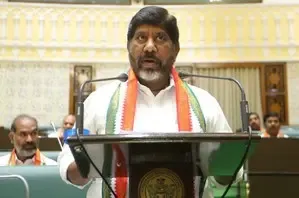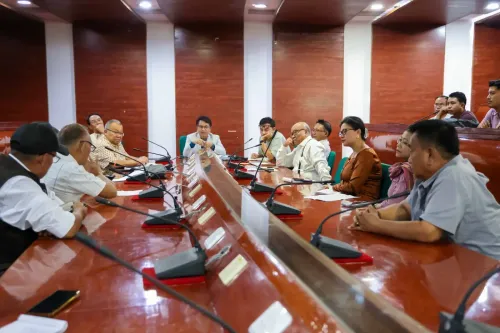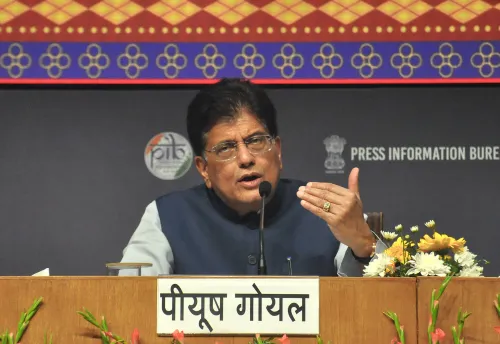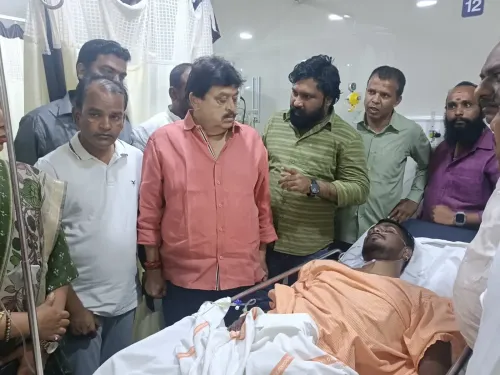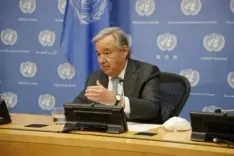Why is the Jharkhand HC Criticizing the ACB for Delays in 211 Corruption Investigations?
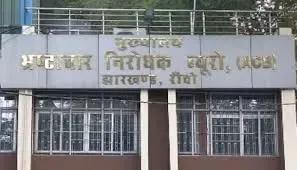
Synopsis
Key Takeaways
- The Jharkhand High Court is concerned about over 200 pending inquiries at the ACB.
- The Director General of the ACB has been instructed to explain the delays.
- Public trust in anti-corruption efforts is vital for governance.
- Excuses regarding workload and staff shortages were rejected by the court.
- The need for timely resolution of inquiries is essential for transparency.
Ranchi, Oct 22 (NationPress) The Jharkhand High Court has voiced significant dissatisfaction regarding the backlog of over 200 preliminary inquiries (PEs) at the state’s Anti-Corruption Bureau (ACB). The court has mandated the agency’s Director General to provide a comprehensive affidavit detailing the reasons behind these delays and the anticipated timeline for the conclusion of the investigations.
A division bench led by Chief Justice Tarlok Singh Chauhan, during a suo motu public interest litigation hearing, indicated that it is alarming that of the 613 preliminary inquiries logged with the ACB, 480 have been resolved, while 211 cases remain unresolved for an extended duration.
The bench emphasized that the state's leading anti-corruption agency cannot cite issues like workload or staff shortages as justifications for delays in corruption investigations.
Furthermore, it was remarked that the ACB was established specifically to manage such inquiries and guarantee prompt action against corruption, adding that any delay erodes public trust in the system.
During the proceedings, a Deputy Superintendent of Police presented an affidavit on behalf of the ACB, asserting that the bureau was overwhelmed with confidential verifications, intelligence operations, and a multitude of ongoing investigations, which had led to delays in resolving pending cases.
However, the court dismissed this rationale, stating that such explanations are unacceptable.
It additionally pointed out that reasoning based on the retirement or passing of officials under investigation is equally unfounded.
The court asserted that the ACB's responsibilities do not terminate simply because the relevant officer has retired or died. Every inquiry must reach a definitive conclusion to uphold transparency and accountability.
The High Court has instructed the ACB Director General to personally submit an affidavit detailing the timeline for the completion of the outstanding inquiries.
The case is scheduled for its next hearing on November 6.

